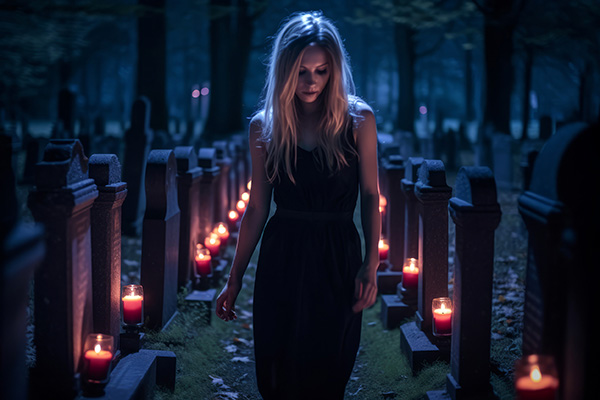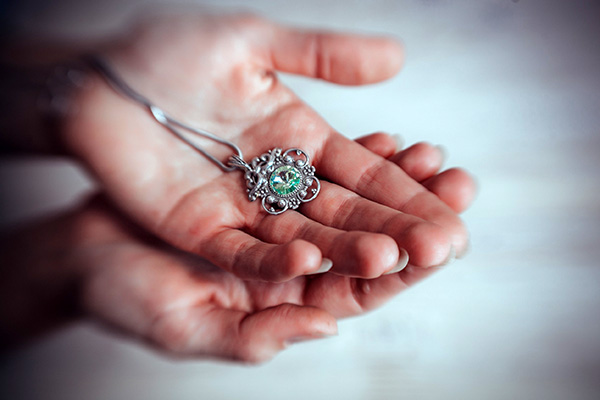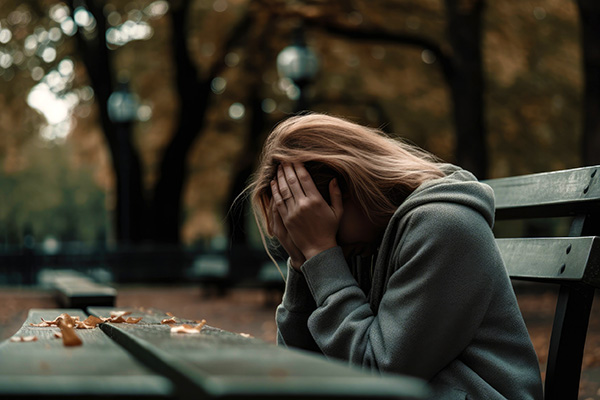bereavement
Moving Forward After A Breakup Or Divorce
 Going through a divorce, or the end of a long relationship, can feel like your world has come crashing down. The dreams you shared, the life you pictured together, and all the emotional energy you invested can suddenly seem lost.
Going through a divorce, or the end of a long relationship, can feel like your world has come crashing down. The dreams you shared, the life you pictured together, and all the emotional energy you invested can suddenly seem lost.
It’s not just about losing a person; it’s also about letting go of a future you once hoped for. It can be difficult to know how to move forward.
However, even in the midst of any ending, there’s an opportunity for a fresh and meaningful new beginning.
Accepting that your relationship has ended is one of the most important steps in the healing process. It’s normal to grieve what could have been, but don’t dwell on the past. The past is a place to learn from, not a place to stay.
True acceptance means letting go of blame, resentment, and regret. This isn’t because the hurt didn’t happen, but because holding on keeps that hurt alive.
Acceptance can be difficult. It means accepting that your life will look different than you expected, and trusting that there’s still joy and beauty ahead. Many spiritual traditions remind us that everything happens for a reason, even if we don’t understand it right away. When we reach acceptance, our heart chakra can open again, releasing stuck emotions and making room for healing. Continue reading
Coping With The Loss Of A Loved One
 The loss of a loved one is one of the most profound and challenging experiences we can have. Even if we have a deep spiritual belief that our loved one has crossed over into the spirit realm free of pain and suffering, the grief of their physical absence remains.
The loss of a loved one is one of the most profound and challenging experiences we can have. Even if we have a deep spiritual belief that our loved one has crossed over into the spirit realm free of pain and suffering, the grief of their physical absence remains.
It is natural to mourn their departure, to feel the sting of their absence in our daily lives, and to struggle with the reality of a world that feels less complete without them.
For those who have lost a parent, this grief can bring an added layer of vulnerability. Regardless of our age, the loss of a mother or father can leave us feeling untethered, with a foundation in life that once provided security and guidance now shaken. Even if we have spent years caring for them through illness or decline, their passing can still leave us feeling profoundly alone.
This transition marks a significant shift, not only in our outer reality, but also in our inner identity. And yet, in the depths of grief, there is an opportunity for deep reflection, gratitude, and connection.
One of the most powerful ways to navigate grief is to focus on gratitude for the connection you shared with your loved one. Their love, wisdom, and presence shaped you in countless ways, and that influence does not disappear with their passing. Celebrate their life with vigor. Share their stories, embrace cherished memories, and allow their laughter to echo through your heart.




